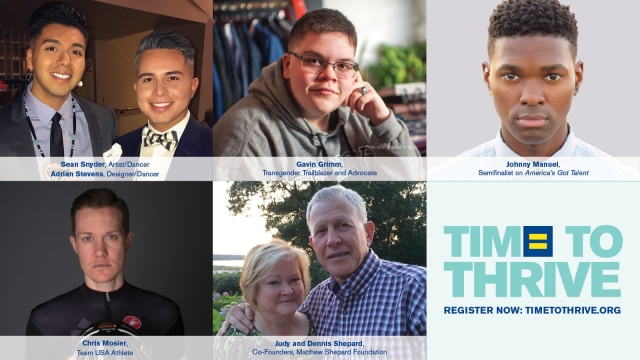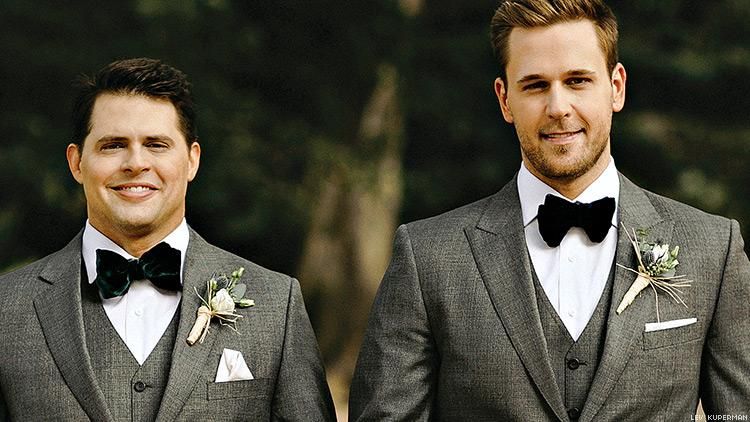Seine Tochter brachte sich um – jetzt lud er die Peiniger ein

- Ein 14-jähriges Mädchen hat sich in Australien das Leben genommen, sie wurde im Internet gemobbt
- Ihr Vater und die Familie setzen sich nun stark gegen Mobbing ein
Der Tod eines 14-jährigen Mädchens hat tausende Menschen in Australien bestürzt.
Amy “Dolly” Everett war mit acht Jahren das Gesicht der Marke “Akubra”, einem bekannten Hersteller für australische Outback-Hüte. Am dritten Januar nahm sie sich das Leben. Der Grund dafür: Dolly wurde im Internet stark gemobbt.
In einem Facebook-Post teilte der Vater der 14-Jährigen nun seine Trauer mit der Welt.
“Das ist ein Beispiel, wie Social-Media funktionieren sollte”
In seinem Post bedankt er sich für die Unterstützung und Anteilnahme, die seine Familie in der schweren Zeit erhält.
Die habe er auch viel über Soziale Medien bekommen. “Diese Woche war ein Beispiel dafür, wie Social-Media funktionieren sollte aber auch, ein Beispiel wie es nicht laufen sollte”, schrieb Tick Everett und spielte damit auf die schlimmen Erfahrungen, die seine Tochter gemacht hat, an.
Auch der Huthersteller “Akubra”, dessen Gesicht Dolly war, macht sich gegen Mobbing stark
Sein Facebook-Post richtet sich aber nicht nur an Freunde und Unterstützer – Dollys Peiniger werden auch angesprochen.
➨ Mehr zum Thema: Meine Tochter nahm sich mit 16 Jahren das Leben: Jeder soll wissen, wie das passieren konnte
Eine Einladung zur Beerdigung für die Mobber
“Falls das hier zufälligerweise ein paar Leute lesen sollten, die dachten es wäre lustig und die sich überlegen fühlten, weil sie konstant mobben und belästigen: Bitte kommt zur Beerdigung und seht, was ihr für eine schreckliche Verwüstung angerichtet habt”, richtet sich der Vater an die Mobber.
Doch die Einladung ist nicht das einzige Angebot an die Täter: “Wir müssen anfangen, darüber zu sprechen. Wir müssen die kleinen Kinder aufklären, wir müssen Lehrer aufklären.”
Mobbing müsse so früh wie möglich aufgehalten werden, egal in welchen Alter die Kinder sind, sagt Everett gegenüber der australischen Nachrichtenseite “News”.
Die Familie Everett beschäftigt sich inzwischen nicht mehr mit denjenigen, die an dem Tod ihrer Tochter schuld sein könnten – für sie zählt nur noch, andere Familien vor diesen schlimmen Erfahrungen zu bewahren.
➨ Mehr zum Thema: Studie offenbart alarmierende Zahl von Mobbingopfern an Schulen – das können Eltern tun
Auch die Politik lässt dieser Fall nicht kalt
Auch der australische Premierminister Malcom Turnbull äußerte sich am vergangenen Donnerstag in einem Statement: “Dolly, wir lieben dich und werden dich nie vergessen.[…] Wir müssen alles tun, um die Mobbingfälle zu reduzieren, egal, ob offline oder online, und sie bekämpfen, wo immer wir können.“
Erst kürzlich veröffentlichten australische Behörden eine Studie, die die stetig ansteigenden Zahlen von Mobbing-Opfern aufzeigt. Etwa jedes fünfte Kind sei mittlerweile Ziel geworden, heißt es dort.
Offizielle Zahlen zu Todesfällen in Australien, die durch Mobbing ausgelöst wurden, gibt es allerdings nicht.
(ks)







 BBC faced a fierce backlash from female MPs, campaigners and even its own stars, after veteran presenter
BBC faced a fierce backlash from female MPs, campaigners and even its own stars, after veteran presenter 